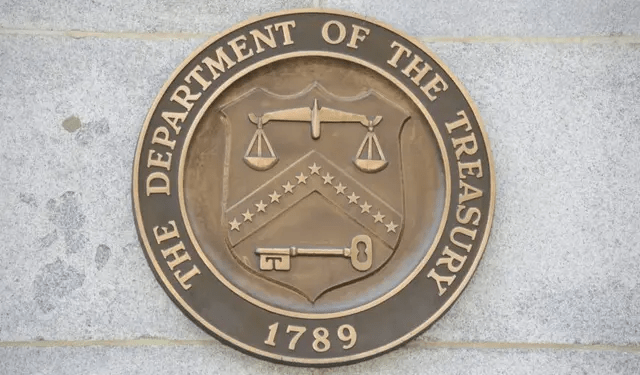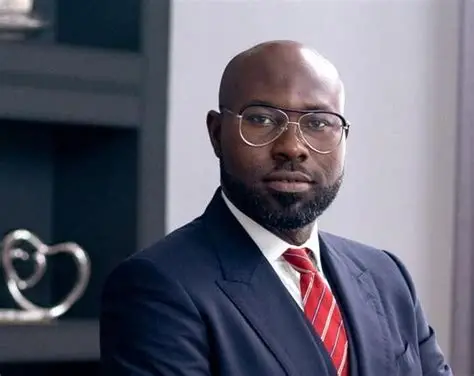Former Auditor General Daniel Domelevo, has emphasized the need for active and robust oversight institutions to curb fiscal irresponsibility within government agencies.
According to Mr. Domelevo, the effectiveness of these entities would lead to greater financial discipline within the public sector, especially in the Ministry of Finance, which recent reports have singled out for significant financial irregularities. He urged the government to “wake up” these institutions.
“The Auditor-General, Director-General of Internal Audit, and the Public Accounts Committee should wake up. If they are up and doing, let me be honest with you, the Ministry of Finance will repent.”
Daniel Domelevo, Former Auditor General
He suggested that such bodies, when functioning optimally, could reform fiscal management practices, mitigate corruption, and minimize the squandering of public resources.
Mr. Domelevo’s remarks brought to light existing inefficiencies within Ghana’s fiscal accountability framework.
His comments came amid ongoing discussions on the establishment of an independent fiscal council, a concept proposed by IMANI CPE as part of its recommendations for tackling Ghana’s fiscal mismanagement.
The Fiscal Recklessness Index, published by IMANI CPE in collaboration with Oxfam, showed alarming levels of financial irregularities in government agencies between 2021 and 2023, with the Ministry of Finance ranked as the most fiscally irresponsible entity in the country.
The Index cited tax-related irregularities as the leading cause, accounting for about 90 percent of reported cases.
However, Mr. Domelevo expressed reservations about forming a separate fiscal council, arguing that the current institutions, if empowered, could execute similar mandates without adding to the public expenditure burden.
“The nation should look at the mandate that currently exists and see whether it cannot be executed by them, which would be cost-beneficial to the country.”
Daniel Domelevo, Former Auditor General
In his view, investing resources into strengthening these existing entities rather than creating a new body would be a more effective and economical approach.
A Call to Reform the Public Procurement Law

Mr. Domelevo also pointed to the need for reform in Ghana’s Public Procurement Law, which he argued is a significant contributor to fiscal indiscipline in public institutions.
The current law, according to him, has structural issues that allow for undue influence by high-ranking officials, including the Attorney General, who has the authority to approve procurement requests.
Mr. Domelevo raised concerns over a conflict of interest, noting that when the Attorney General, responsible for prosecuting procurement-related misconduct, also approves these requests, it undermines the accountability process.
“The law itself creates problems for public procurement…… Now, if the Attorney General who is supposed to prosecute us is seated over there and he gives an advice allowing a bad procurement request to go through, is he going to prosecute when the time comes?”
Daniel Domelevo, Former Auditor General
By implementing stricter rules around procurement and removing certain decision-making powers from political actors, he suggested that Ghana could make strides in improving fiscal responsibility.
The third edition of the Fiscal Recklessness Index by IMANI-OXFAM revealed startling figures, highlighting the severity of Ghana’s fiscal management issues. Between 2021 and 2023, tax-related irregularities accounted for nearly 90 percent of the financial misconduct reported, underscoring systemic flaws in tax administration and enforcement.
The Index further identified the Ministry of Finance as the most fiscally irresponsible institution, raising concerns over its oversight of other ministries, departments, and agencies.
If Domelevo’s recommendations are implemented, the impact on Ghana’s public sector could be significant. This reform could not only curb fiscal recklessness but also improve public trust in government institutions by showing a commitment to accountability and responsible governance.
Moreover, a reformed Public Procurement Law would likely reduce instances of graft and corruption by minimizing political interference and ensuring that procurement decisions are made objectively.
While IMANI CPE’s proposal for an independent fiscal council remains a viable option, Domelevo’s perspective suggests that focusing on enhancing existing institutions may be a more practical solution.
READ ALSO: Regina Daniels Reveals Family’s Disapproval of Her Marriage to Billionaire






















